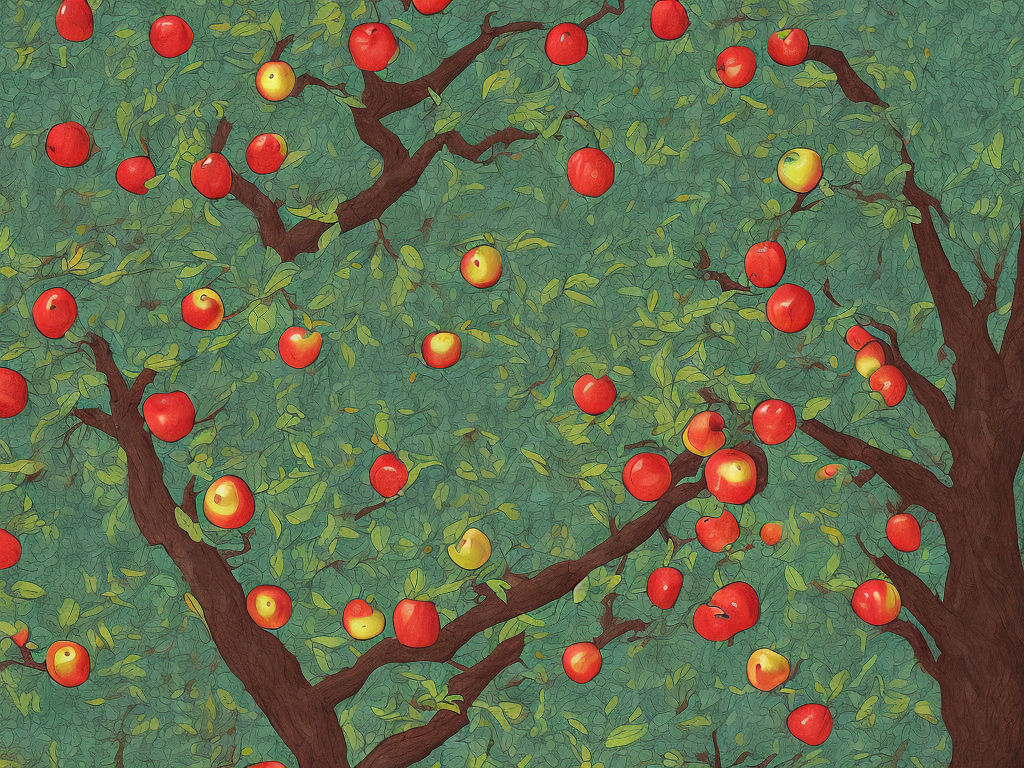
In our daily lives, we often hear the terms equity and equality being thrown around. Both of these terms are very important, especially when we talk about issues such as social justice, discrimination, and inclusivity. While the two may sound similar and are often used interchangeably, there is a key difference between equity and equality, and understanding this distinction is important to gaining a deeper understanding of and perspective on social issues.
The simplest way to define these two terms is that equity is focused on fairness, meaning that everyone has access to the same opportunities and is given the same choices regardless of their background, socioeconomic status, or any other factor, while equality is focused on sameness, meaning that everyone is treated the same, regardless of individual circumstance. While these definitions may sound interchangeable, they have vastly different implications when applied to real-world situations.
Equality can be understood as providing the same resources, advantages, and opportunities to everyone, regardless of need or ability. However, while this may seem like the right thing to do on the surface, it can actually result in further entrenched disadvantages for groups that already face significant barriers to opportunity. For example, say a school has a rule that states that everyone must attend classes in the morning, starting at 8:00 a.m. If a student who has to take care of their younger siblings in the morning is unable to attend, they will then fall behind academically and face barriers when trying to catch up. In this case, the rule of equality, which treats all students the same, regardless of individual needs, is actually perpetuating inequality.
Equity, on the other hand, is focused on providing the necessary resources and support to ensure that everyone has an equal chance of success. Equity recognizes that different people have different needs, and aims to level the playing field by providing resources and opportunities to those who need them most. This could mean implementing rules or laws that address systemic issues faced by specific communities, or providing support and accommodation to those who struggle with certain tasks or situations. Using the same example as above, an equitable approach would be to acknowledge that some students may face barriers to attending classes, and provide additional support or alternative class times to ensure that everyone has the same opportunity to succeed.
In sum, equity and equality are two distinct approaches to ensuring fairness, and the difference between them can have paradigm-shifting implications when applied to real-world scenarios. Arguments for equality stem from the belief that treating people equally is inherently just and ethical, while arguments for equity stem from the belief that every individual is unique and different, and that justice requires treating people differently in order to bring about genuine fairness. Bearing this in mind, here are some key differences between equity and equality to consider:
Understanding the Context
Equality argues that the same treatment should be given to everyone, regardless of their individual circumstances, but equity seeks to adjust our approach based on the specific context of the situation. Equity advocates for the idea that resources should be distributed based on individual need rather than treating everyone the same way. This means that equity demands a focus on individual circumstances, rather than treating things as though everyone is on an even playing field.
Treating People Differently
Equality requires that everyone is given the same resources as everyone else, regardless of their individual strengths or weaknesses. Equity understands that everyone is different and some people need more resources than others to achieve the same outcomes. It treats people differently to achieve the goal of equal treatment, which is justice.
Pushing Beyond the Status Quo
The push for equality is all about giving everyone the same opportunities in life. The focus isn’t necessarily just about making sure everyone has access to the same resources, but rather that they are given the same opportunities as others. Equity goes a step further and asks that we actively work to change the conditions that have led to unequal opportunities existing in the first place. It acknowledges that past strategies may not have worked and that we need to take different approaches to achieve justice.
Addressing Systemic Inequality
Equality focuses on treating the symptoms of inequality instead of addressing the root causes. It means that resources are distributed equally under the assumption that everyone is starting at the same point in life. Equity, by contrast, focuses on addressing the systemic issues that create inequality in the first place. It recognizes that inequality is entrenched in our systems, culture and society, and looks for ways to change institutions, policies, and practices to ensure that everyone has equal access to opportunities.
In conclusion, equity and equality are both integral concepts in the pursuit of social justice and fairness for all. They are often conflated, but it is important to understand the differences between the two, in order to create more effective and comprehensive solutions. While equality is useful in ensuring that everyone is given equal parts of the pie, it does not address the inbuilt biases and inequalities that exist in our systems. The goal of equity, then, is to level the playing field by identifying and addressing these systemic barriers to ensure that everyone is given an equal chance to succeed. Ultimately, when we understand and implement equity, we can get closer to creating a world where everyone has genuinely equal opportunities to thrive.
 Self-Instruct
Self-Instruct